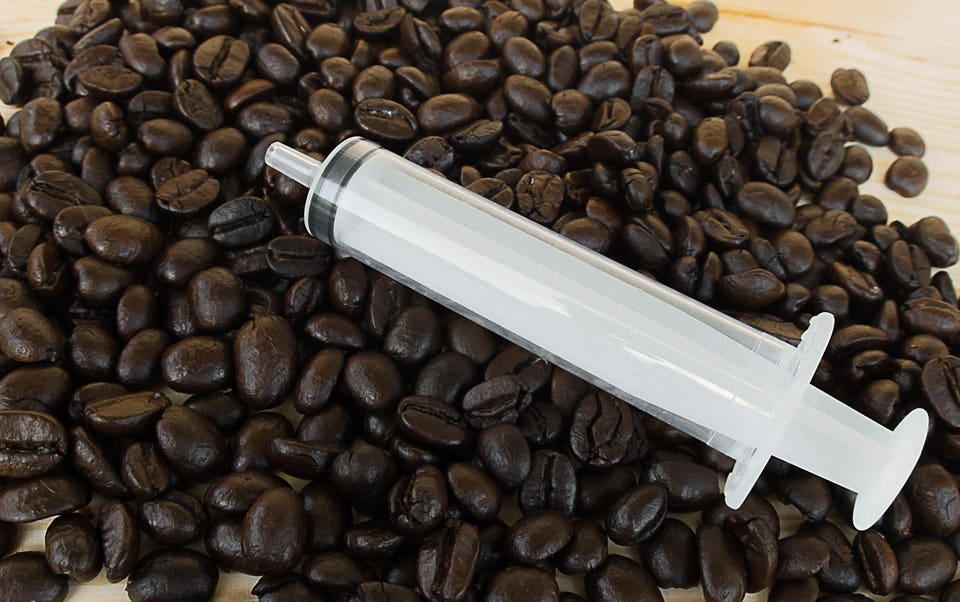Social media is witnessing a surge in posts advocating the use of coffee enemas as a wellness trend. Proponents claim these procedures can alleviate bloating, detoxify the body, and even prevent or treat cancer. However, the scientific foundation for these claims remains questionable, raising concerns about potential health risks associated with this practice.
An enema involves the introduction of liquid into the rectum, stimulating the colon’s natural contractions, known as peristalsis. This action promotes bowel movements, expelling both the enema solution and the contents of the colon. While there are medically sanctioned reasons for administering an enema—such as preparation for a colonoscopy or treating severe constipation—these procedures should not be taken lightly. Typically, doctors recommend lifestyle adjustments, including dietary changes and increased hydration, before resorting to enemas for common constipation issues.
Despite legitimate medical uses, the trend of coffee enemas has garnered attention primarily through wellness influencers on platforms like Instagram and TikTok. These individuals often cite the so-called *autointoxication theory*, which posits that undigested food and toxins accumulate in the body, especially in the colon. Advocates suggest that coffee enemas can serve as a flushing mechanism, purportedly cleaning out harmful substances.
Supporters assert that compounds found in coffee, such as palmitic acid and cafestol, may enhance the liver’s detoxification process by stimulating the production of an enzyme called glutathione S-transferase. Additional claims highlight the anti-inflammatory properties of theophylline, another component of coffee, suggesting these elements contribute to the purported health benefits of coffee enemas.
However, the credibility of these claims is under scrutiny. A review published in the *Journal of Clinical Gastroenterology* indicates that the *autointoxication theory* lacks substantial scientific backing. Furthermore, a systematic review in the journal *Medicine* in 2020 found little support for the benefits of coffee enemas. This review documented nine cases of adverse events related to their use, with seven cases specifically reporting colitis, an inflammation of the colon that may arise from the chemical constituents in coffee.
Concerns also extend to the potential impact of coffee enemas on the gut microbiome—the collection of bacteria and other microbes residing in the intestines. Disrupting this delicate ecosystem can lead to various health issues, some of which have been highlighted in previous studies. Additionally, using hot coffee for enemas poses significant risks, including severe burns. Medical reports have noted cases of rectal burns and even life-threatening injuries resulting from improperly administered coffee enemas.
In summary, the promotion of coffee enemas on social media warrants caution. The lack of rigorous scientific evidence supporting their claimed benefits, combined with documented risks, suggests that individuals should approach this trend with skepticism. While ongoing research continues to explore the complex relationship between gut health and overall well-being, the current understanding indicates that traditional methods of maintaining digestive health are safer and more effective. Individuals are encouraged to consult healthcare professionals before attempting any new wellness practices, particularly those involving invasive procedures like enemas.
